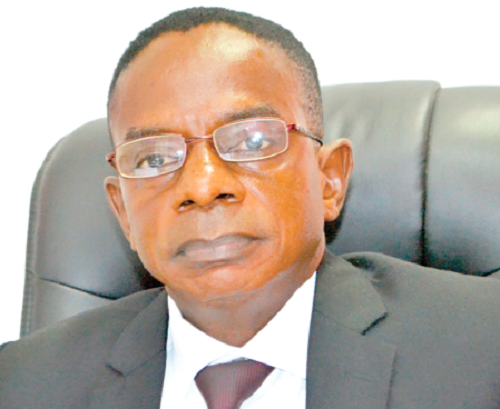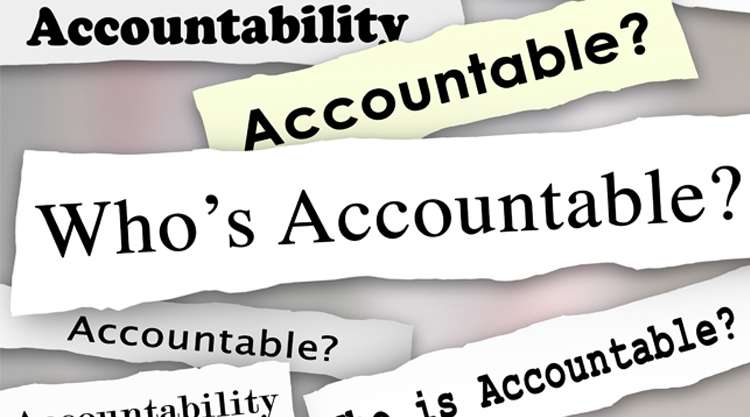Government arrears are now in sharp focus as Finance Minister Cassiel Ato Forson has taken a firm stand in a political climate where fiscal discipline is too often sidelined by expediency.
His message is clear: not a single pesewa of the government arrears—currently towering above GH¢67 billion—will be paid out until every claim is subjected to a thorough audit.
During a high-level meeting with Chief Directors from various Ministries, Departments, and Agencies (MDAs), the Minister underscored the importance of exercising due diligence in the conduct of government affairs.
“Still, at the meeting with the Chief Directors [of various Ministries, Departments, and Agencies of government], I made it clear that we must uphold transparency and accountability in the handling of arrears owed by the government.”
Hon.Cassiel Ato Forson
The figure he cited—over GH¢67 billion owed across 23 ministries—is not just a staggering financial liability but a symbol of years of accumulated inefficiencies, opaque contract processes, and weak institutional oversight.
And unlike previous approaches where political pressure often rushed payments out the door, Ato Forson appears intent on doing things differently. “As I pledged to Parliament, no payment would be made until a full audit was completed.”
As part of his commitment, the Finance Minister instructed all Chief Directors to actively support the Auditor-General, ensuring the audit process is both timely and comprehensive.
He emphasized the need to provide full cooperation and access to facilitate a thorough review.
Accordingly, he emphasized that this move is not just bureaucratic grandstanding. It is, in his view, a much-needed intervention to address what many Ghanaians see as one of the deepest sources of corruption and waste in the public sector.

The arrears include unpaid bills to contractors, service providers, and suppliers—many of whom have long complained of delays, while others are alleged to have secured contracts without proper documentation or due process.
“The Auditor-General has been given enough time to complete this process. During this time, I ask for full cooperation and complete disclosure. Nothing must be withheld.”
Hon. Cassiel Ato Forson
Arrears Payments Tied to Auditor-General’s Approval
In a decision likely to draw both praise and pushback, Hon. Cassiel Ato Forson reaffirmed his earlier position that no payments would be made without the Auditor-General’s explicit approval.
While this approach may frustrate contractors and vendors seeking prompt disbursements, it marks a clear commitment to enforcing stronger financial accountability.

According to the Minister, the audit will not merely verify payment amounts but also scrutinize the legal foundations of these obligations.
“The Auditor-General has also been tasked with verifying which of the claims have valid commencement warrants. This is critical.”
Hon. Cassiel Ato Forson
This extra layer of scrutiny might uncover discrepancies that were previously swept under the rug. It is no secret that Ghana’s public financial management systems have struggled with accountability.
From inflated invoices to ghost contracts, the system is riddled with leaks that have bled public funds.
However, in the face of growing economic pressures and a public increasingly demanding accountability, this audit-heavy approach may be just what the country needs.

The Finance Minister reaffirmed his firm stance on payments: “I must also reiterate: I have not paid a single contractor, and I do not intend to do so until the audit is concluded.”
The broader significance of this directive cannot be overstated. It is not just about balancing books—it’s about restoring public trust in the way government money is spent.
At a time when Ghana faces tough decisions around debt sustainability, inflation, and economic reform, responsible stewardship of taxpayer money is not just a policy option—it’s a moral imperative.
“We owe it to the people of Ghana to manage public funds with the highest level of integrity and discipline. And that begins with clarity, audits, and responsible decision-making.”
Hon. Cassiel Ato Forson
While the road ahead may be bumpy—with contractors lobbying for quick payments and political actors possibly pressuring for exceptions—this bold stance might be the defining mark of a Finance Minister committed to financial probity.
For a country fatigued by wasteful spending and unaccountable governance, this moment could be a turning point in the narrative of public finance.
READ ALSO: Sarkozy Faces Scrutiny Over Libya Ties Deal




















